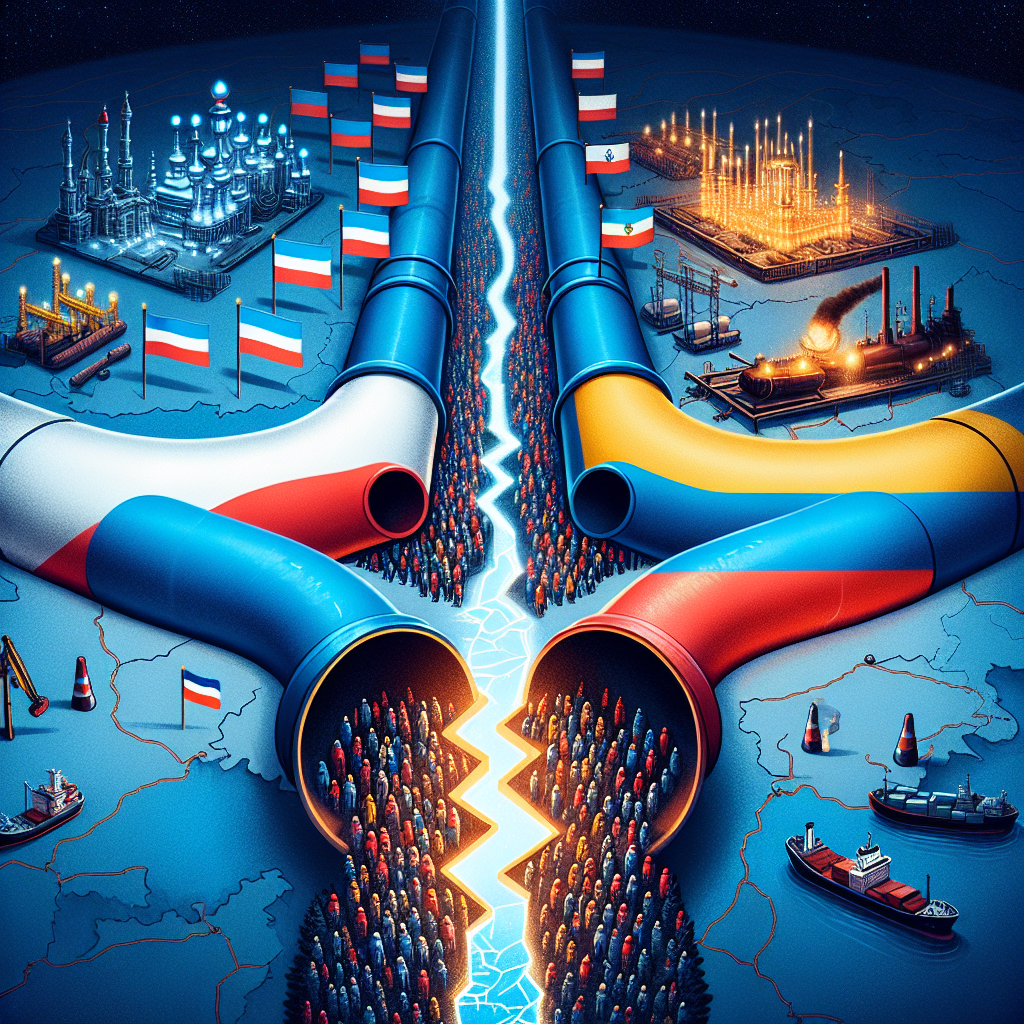U.S. Military's Escalating Anti-Drug Campaign in the Pacific
The U.S. military's recent strike in the Eastern Pacific marks a notable escalation in its anti-narcotics operations. This move, part of a broader offensive initiated by the Trump administration, raises questions about the military's role in drug interdiction, traditionally led by the Coast Guard.

In a significant escalation of its counter-narcotics campaign, the U.S. military conducted a strike against an alleged drug smuggling vessel in the Eastern Pacific Ocean, resulting in the deaths of two individuals, according to Defense Secretary Pete Hegseth.
This action, being the first known strike in the Pacific under President Trump's intensified war on drugs, has sparked debate on the military's involvement, typically managed by the Coast Guard.
The operation adds to rising tensions with Venezuela and Colombia, yet questions prevail regarding evidence and justification for such a military response instead of interdiction efforts.
Advertisement
ALSO READ
-
Thawing Cold Relations: U.S. Eases Sanctions on Belarus
-
Operation Weed Out: DRI's Major Drug Seizure at Mumbai Airport
-
Deadly Clashes in Kano: Military Strikes Against Bandits and Insurgents
-
Bidding War for Metsera Heats Up: Pfizer and Novo Nordisk Battle for Obesity Drug Developer
-
U.S. Targets North Korean Cyber Money-Laundering Network









